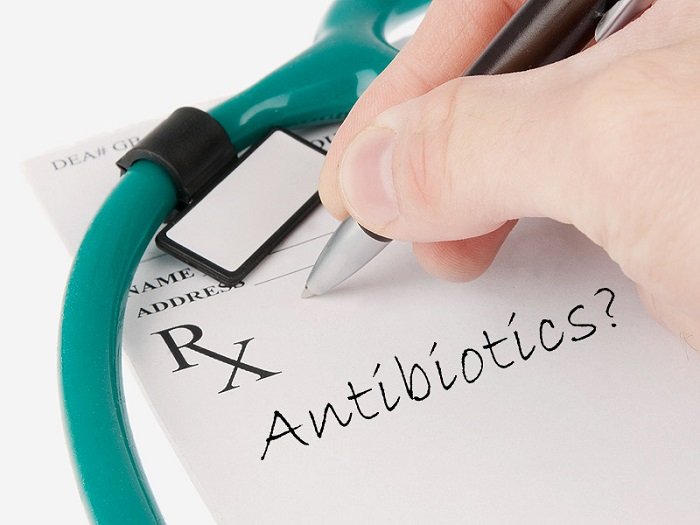
In the Face of the "threat" of growing bacteria that are resistant to treatment, there is a "serious lack of new antibiotics in development," warns in a report published Wednesday, September 20, the world health Organization (WHO).
"Antimicrobial resistance is a global health emergency, which poses a serious risk to the advances of modern medicine," stresses director general, dr. Tedros Adhanom Ghebreyesus. And this last call to " increase investments in research and development for infections resistant to antibiotics ".
The health agency of the united Nations has identified 51 new antibacterial products in clinical development to treat the pathogens of priority antibiotic resistant, the same as for tuberculosis and the diarrhoeal infection is sometimes fatal due to Clostridium difficile.
But, among all these drug candidates, "only eight" are "innovative treatments" may enhance the current arsenal of antibiotic treatments, says the WHO.
Threat in hospitals
Who draws regularly sounding the alarm about the increase of antibiotic resistance, published in February, the list of the twelve families of "superbugs" against which they judge an urgent need to develop new treatments.
The report points to the lack of "options" for resistant tuberculosis, which kills some 250,000 people annually, as well as to bacteria of the type Acinetobacter and enterobacteriaceae (such as Klebsiella and E. coli). These can cause serious infections and are often fatal. They are especially serious in the hospital.
@originalworks
To call @OriginalWorks, simply reply to any post with @originalworks or !originalworks in your message!
For more information, Click Here!
To nominate this post for the daily RESTEEM contest, upvote this comment! The user with the most upvotes on their @OriginalWorks comment will win!